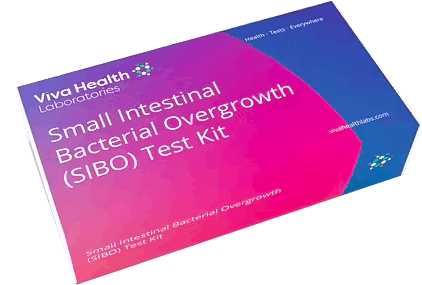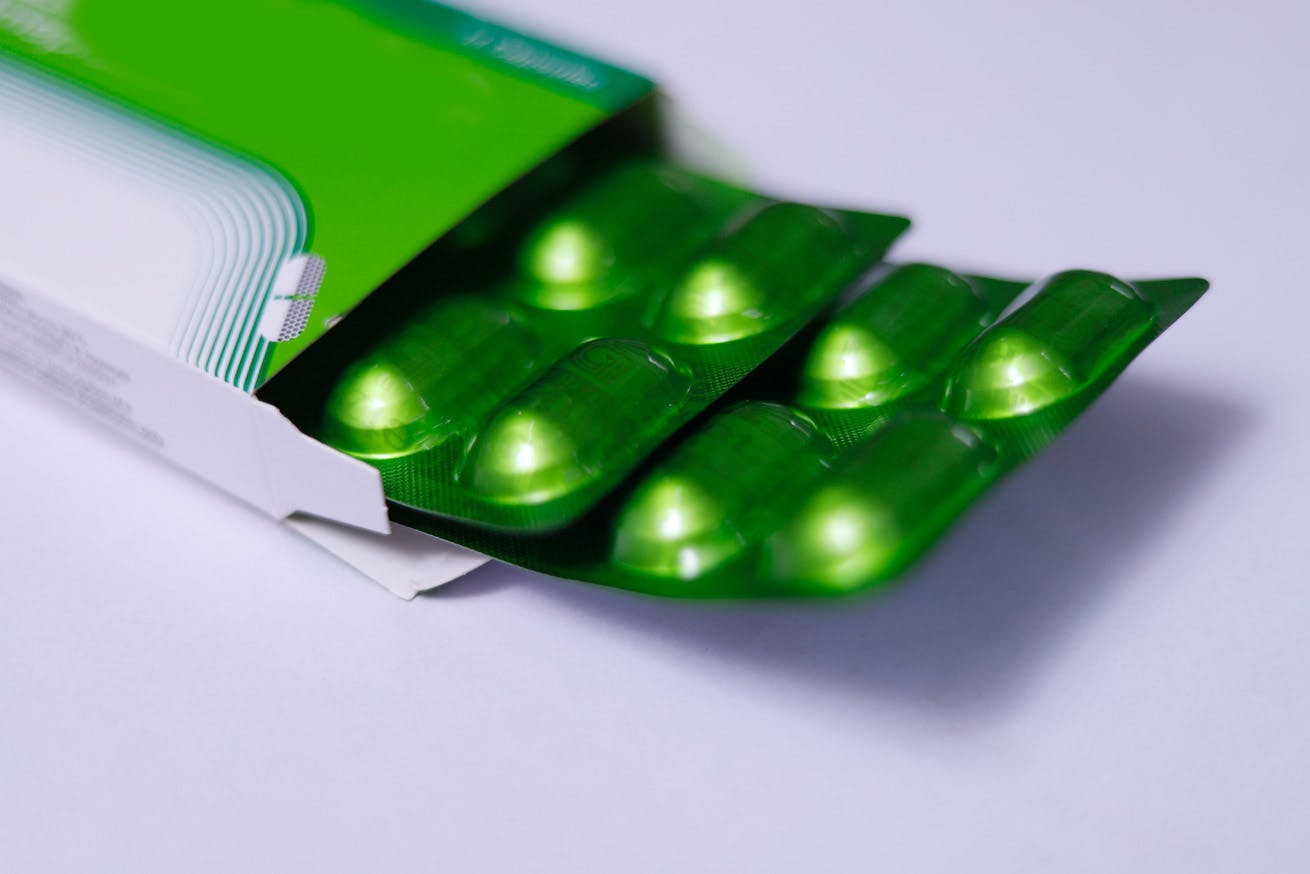Could Your Reflux Symptoms Actually Be Caused by SIBO?
Have you been struggling with reflux symptoms including heartburn and regurgitation? Do you suffer with a persistent sore throat, cough or throat clearing and have you been diagnosed with LPR? Do you find that standard treatments including medications such as Omeprazole (PPIs) are ineffective or perhaps make your symptoms worse? If so are you aware that your symptoms may be caused by disruption in the usual gut biome and in particular Small Intestinal Bacterial Overgrowth (SIBO) for which there is a simple test. SIBO can be treated.

Most people have heard about 'acid reflux', while more and more battle with LPR (Laryngopharyngeal Reflux). However, while gastro-oesophageal disease (GERD) is a well-recognised and established cause of ‘reflux’ symptoms, a recent academic study led by RefluxUK suggests that in some people Small Intestinal Bacterial Overgrowth (SIBO) may be responsible and that when this is treated these can improve. This link between SIBO and reflux is not well recognised but real.

New scientific study reports significant findings
For the first time a paper published in scientific literature has reported that reflux symptoms can be relieved by treating SIBO. The study driven by our research can be viewed at Oxford Academic and PubMed. Its main conclusions were:
- Most patients with both heartburn/regurgitation but also LPR-related symptoms saw improvements.
- Almost all patients saw significant reductions in the need to take PPIs (proton pump inhibitors).
- In all those patients suffering sufficiently severe symptoms that they were considering anti-reflux surgery, following treatment for SIBO this potentially unnecessary surgery was avoided.
You can read more about this in an accompanying post written by our founder Nick Boyle who has taken an in depth look at the findings from the study and how it could potentially lay the groundwork for future research into this condition.
What could this mean?
- PPIs can be very helpful in treating patients with true Gastro-Oesophageal Disease (GERD) in which acid reflux is the cause of symptoms. However, they are not always helpful in treating reflux symptoms, especially LPR. PPIs change the normal GI biome and are almost certainly associated with SIBO.
- Patients with true gastro-oesophaeal reflux disease (GERD) caused by failure of the Lower Oesophageal Valve (LOS) which causes ‘acid reflux’ may find that although PPIs help their initial symptoms, over time they develop new symptoms including LPR. This may be secondary to SIBO.
- So, in some people PPIs don’t work and may make reflux symptoms worse.
- Treating SIBO in some patients will help reflux symptoms. SIBO can cause symptoms in the oesophagus/throat as well as the colon, which is not generally recognised.
- Getting the right diagnosis is crucial to guide the right treatment.
- So, get a SIBO breath test. These are cost-effective and easy to perform in the comfort of your own home.
Since gastro-oesophageal disease (GERD) was first described, the focus of scientists and clinicians has been on acid. Medicine’s concepts of how to diagnose and treat GERD and its symptoms and complications have mostly revolved around acid to the exclusion of other explanations. Indeed, the term term ‘Acid Reflux’ has come to be used synonymously to describe GERD. It is overly simplistic.
Previous scientific studies have shown that over half of all patients considering anti-reflux surgery test positive for SIBO which should be considered a disorder of the gut biome. In some people this may have developed secondary to the use of PPIs but in others is the cause of reflux symptoms including LPR and especially in those who have not found PPIs helpful. We now know that in many, effective treatments of SIBO will resolve or help these symptoms.
GERD is a complex problem. One size does not fit all and personalised testing and treatment with the advice of a speciality team is critical to achieve success. We offer this joined-up speciality approach at RefluxUK and are proud to contribute to the research that is driving our understanding of GERD.


